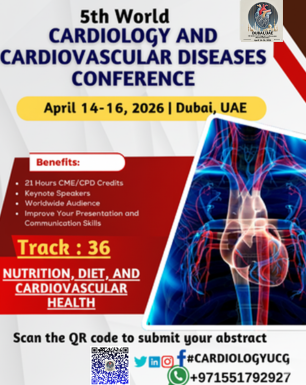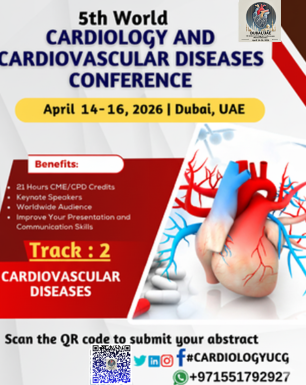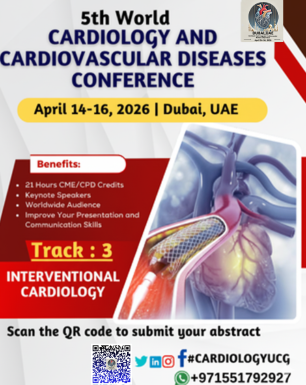



Sub Topics: Coronary Artery Disease, ...


Cardiovascular disease (CVD) remains the leading cause of death worldwide, but many of its risk factors are preventable through lifestyle changes—especially diet. What we eat plays a crucial role in the health of our heart and blood vessels. A balanced and heart-friendly diet can significantly reduce the risk of high blood pressure, high cholesterol, obesity, and diabetes—conditions that contribute directly to heart disease and stroke. Understanding the link between nutrition and cardiovascular health empowers individuals to make informed food choices and develop sustainable habits for a longer, healthier life.
The Role of Diet in Heart Health
Diet influences blood pressure, cholesterol levels, blood sugar, and weight—all of which are critical to cardiovascular health.
Certain dietary patterns, such as the Mediterranean or DASH (Dietary Approaches to Stop Hypertension) diets, have shown strong evidence in preventing heart disease.
Nutrients that Promote Cardiovascular Health
Fiber: Lowers cholesterol and supports healthy weight.
Omega-3 Fatty Acids: Found in fatty fish, reduce inflammation and triglycerides.
Antioxidants: From fruits and vegetables, protect against artery damage.
Potassium & Magnesium: Help control blood pressure.
Foods to Limit or Avoid
Saturated and Trans Fats: Increase LDL (bad cholesterol).
Excess Sodium: Contributes to high blood pressure.
Added Sugars & Refined Carbohydrates: Increase triglycerides and body fat.
Lifestyle Integration
Focus on whole foods rather than single nutrients.
Combine diet with physical activity, stress management, and smoking cessation for comprehensive cardiovascular protection.
Public Health Implications
Educating communities about heart-healthy eating is essential for reducing the global burden of cardiovascular disease.
Policy efforts (e.g., food labeling, reduced sodium guidelines) can support better dietary choices at a population level.